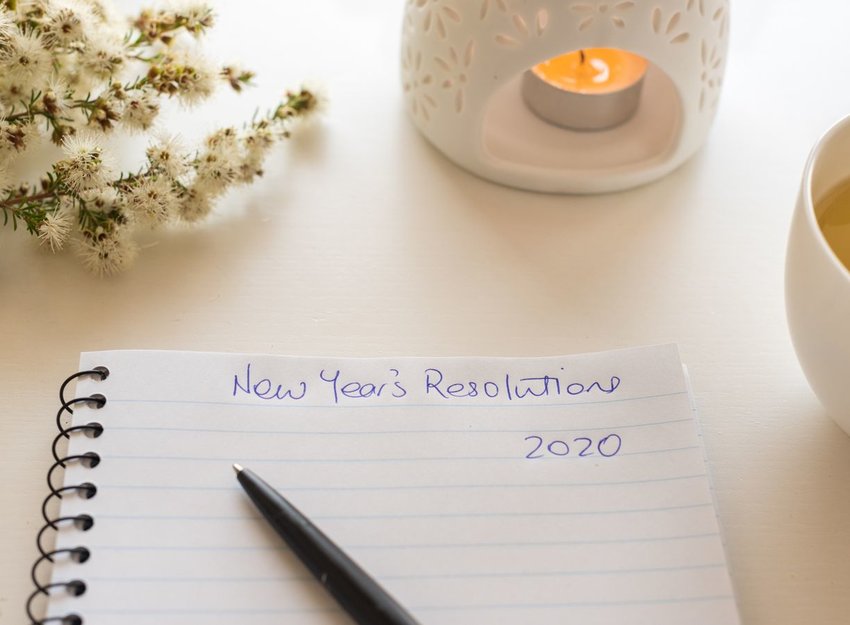Resolutions are tricky. All that momentum seems to peter out by the end of January. Our theory is that it’s not about the actual resolution, it’s about how you word it! Words are powerful, and if you word your resolution right, 2020 might just be your year.
Habit
Tell yourself that you’re starting a new habit and it's going to take time. Then commit to it for at least 60 days by setting up patterns. If you give yourself a small reward every time you work toward your resolution, you'll slowly make it easier to practice. If you want to read more, make it the first thing you do when you get home from work, and then allow yourself some time in front of the TV as a reward.
Action plan
When getting ready to cement your habit, write an action plan. Use your words to lay out concrete steps to take in order for it to get there. Preparation is key, and writing an action plan can make or break your resolution.
Positivity
Resolutions don’t have to be sad, endless grinds! A lot of people get overwhelmed or fed up with their resolutions because they seem so unforgiving and large. Instead of wording something negatively — “I want to quit smoking” — frame it in a positive light. “I want to save enough money from not smoking to go on a vacation this year.”
Advocate
When putting together your resolution and action plan, advocate for yourself and your needs. Be honest with yourself about what will make a change in your life. The word advocate also can refer to a specific, important resolution about advocating for yourself or someone in need.
Initiative
Taking initiative, or creating an initiative, is an excellent way to craft a New Year’s resolution. Creating something new to help someone else is an admirable New Year’s resolution. The word initiative is a good word to maintain motivation when moving forward into 2020 and executing your New Year’s resolution.
Rise above
The whole purpose of New Year’s resolutions is to improve yourself and your surroundings so that each year is better than the last. The phrase "rise above" gives an impression of overcoming problems or last year’s challenges in exchange for something newer and better. It’s a beautiful way to think about improvement.
Slow and steady
...wins the race. When coming up with ideas and inspirations for New Year’s resolutions, think about the fable of the tortoise and the hare. The hare went fast but burned out and wasn’t able to finish the race. The tortoise went slow and steady and ended up winning. Don't worry about other people's progress or how fast they are going; just focus on the small steps you need to take.
Consequence
What happens if you break your resolution? If there’s no consequence, there’s no incentive to keep pushing. You don’t have to torture yourself, but add some stakes to help you stick to your goal. This little challenge will remind yourself about how important your resolution is to you.
Reward
Next to consequences, rewards are vital to adhering to your New Year’s resolution. When you’ve done something good or have continued your streak, reward yourself. Write down a strategy with some smaller rewards (a new outfit for losing 10 pounds) and then bigger ones (take a weekend vacation when you hit 6 months without a cigarette). Just make sure your rewards don't sabotage your ultimate goal! It’s the balance between rewards and consequences that will allow you to succeed at your resolution for 2020.
Celebrate
Above all else — taking initiative, focusing, creating an action plan full of rewards and consequences — New Year’s resolutions are a way to celebrate the new year by trying something new and exciting. Even if the resolution doesn’t stick, it’s still an attempt to change things up, and that kind of ambition deserves a celebration.

